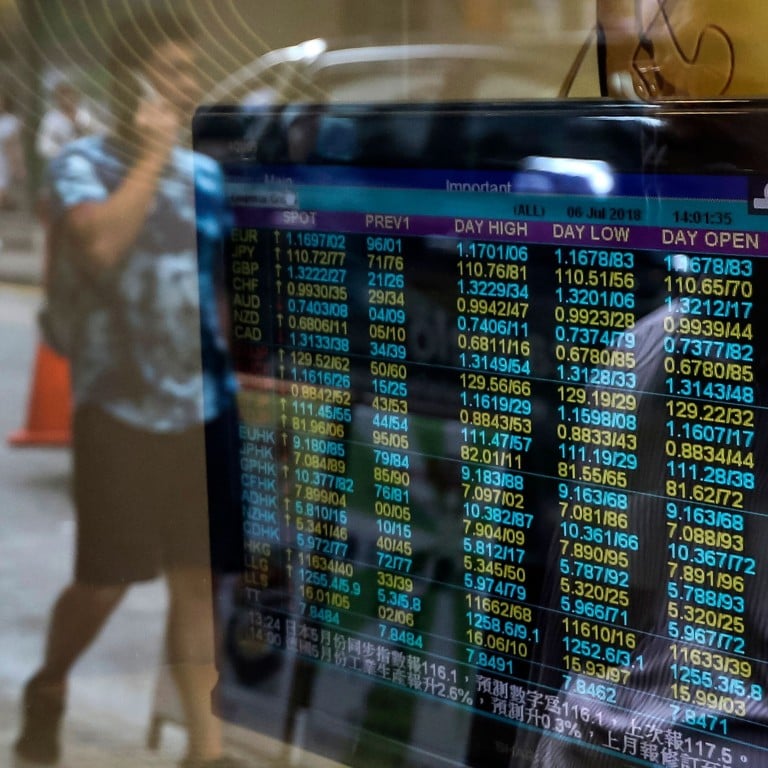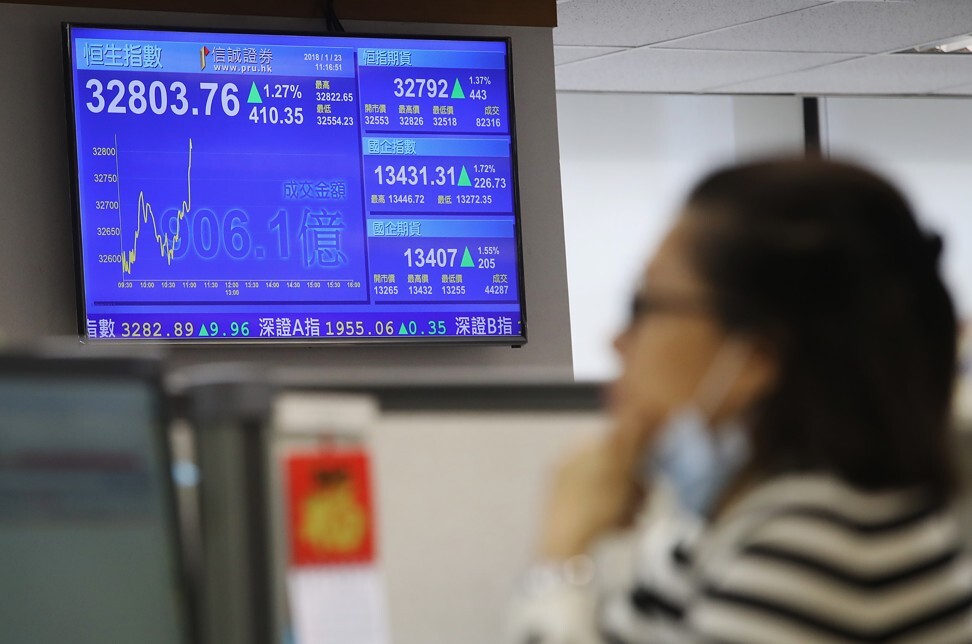
Size does matter: Hong Kong’s smallest stockbrokers are going bust in record numbers as they miss out on IPO bonanza
- As many as 31 brokers have shuttered this year, and the toll may rise to 40 closures by the end of 2020, according to Gordon Tsui, chairman of the Hong Kong Securities Association
- That would be an annual record since data became available in 2003, almost double the 22 that went bust last year, and the seven that failed to survive in 2018
A record number of Hong Kong’s smallest stockbrokers may shut this year, as their limited funding and dowdy e-broking websites put them at a disadvantage against bigger firms, causing them to miss out on the bonanza in the world’s favourite destination for initial public offerings (IPOs).
As many as 31 brokers have shuttered this year, and the toll may rise to 40 closures by the end of 2020, according to Gordon Tsui, chairman of the Hong Kong Securities Association, the industry guild. That would be an annual record since data became available in 2003, almost double the 22 that went bust last year, and the seven that failed to survive in 2018, according to the Hong Kong stock exchange.
“More investors are trading stocks online since they are forced to work from home and stay at home amid the lockdowns to contain the coronavirus, a trend that is driving smaller brokers out of business because they lack the resources to offer online trading,” Tsui said during a press briefing.
Small, family-operated teams of remisiers and dealing agents used to flourish in Hong Kong’s stock market during the 1980s, with the industry swelling to as many as 900 licensed brokers at its peak just before the Black Monday market rout of October 1987.
The number dwindled to 413 in 2005, and resumed its growth as global equity markets rallied amid the flood of capital unleashed by the US Federal Reserve in its Quantitative Easing programme to lift the US economy out of the 2008 global financial crisis.

Mainland Chinese brokers also sought to take over Hong Kong firms, like Citic Securities’ takeover of CLSA in 2013, to enter the local market, a trend that Beijing put a stop to in recent years as regulators cracked down on outsize overseas acquisitions.

Daily transactions have soared 36 per cent to HK$126.1 billion every day in the first eight months of this year, even as the Covid-19 raged on.
Still, the smallest brokers – some with a handful of licensed agents – have missed out on the bonanza. The rise of electronic trading has crushed brokerage commissions globally over the past decade. Some firms offer zero commission for certain transactions, while most brokers charge less than 0.1 per cent in fee on the amount transacted, half of the 0.25 per cent charged as recently as 2003.
“Small brokers need the government’s help to change their business model,” Tsui said. “It would be good if the government or regulators can help build up some online platform for small brokers to offer their services online, or help their operations to go digital.”

